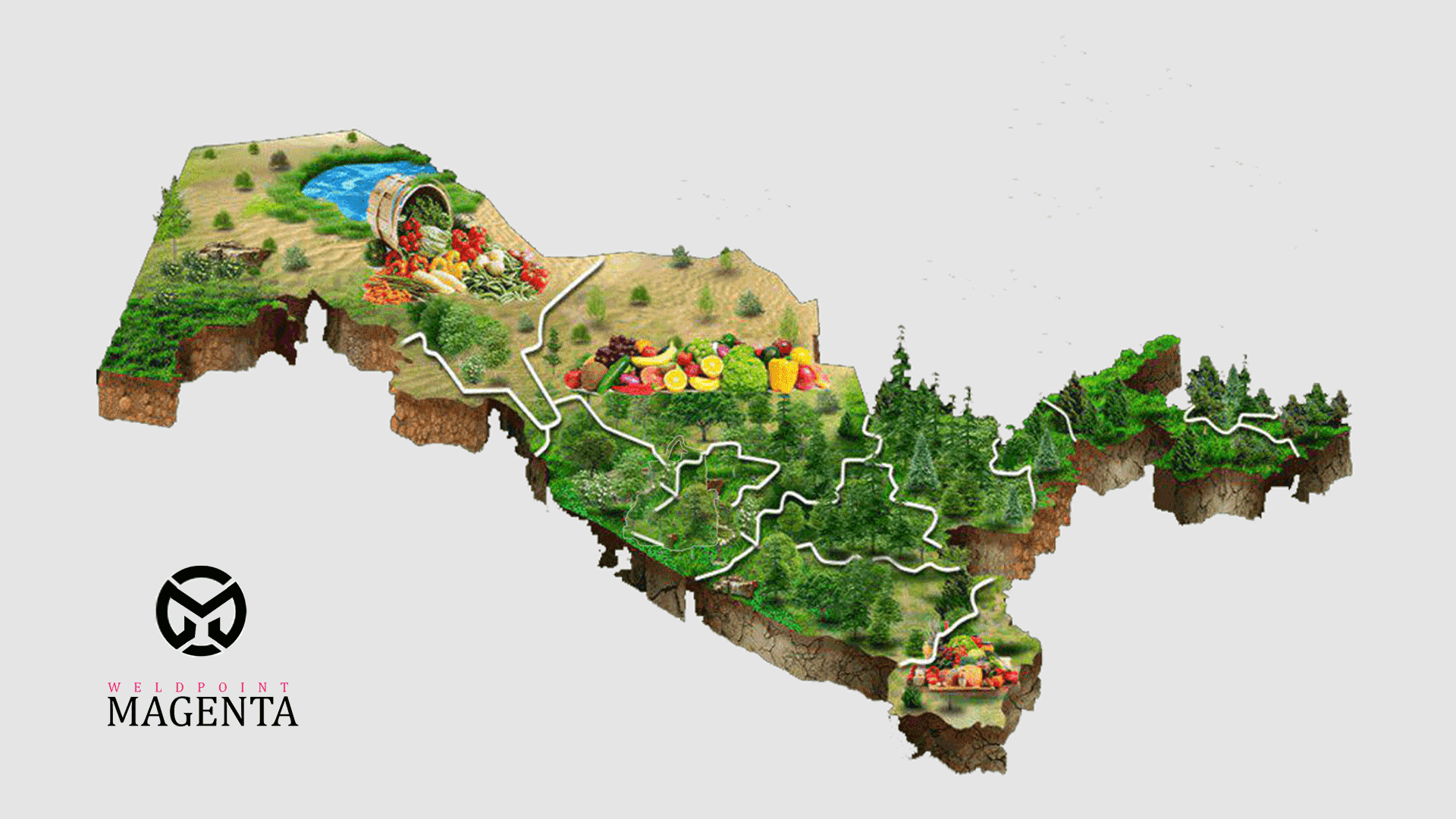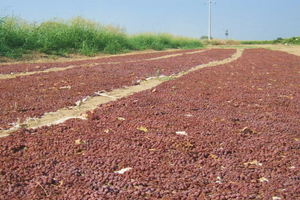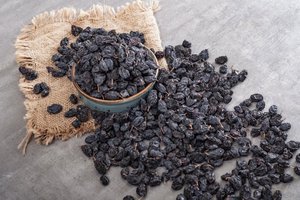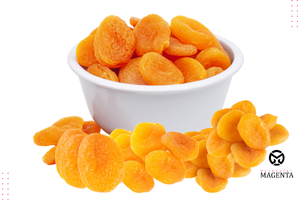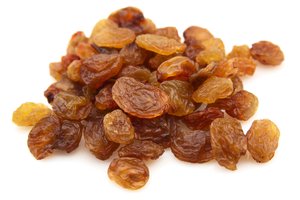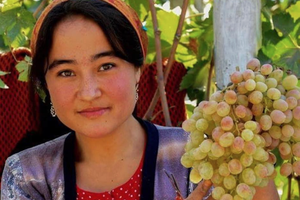Introduction
Fruits and vegetables are the cornerstone of a healthy life. However, as in many parts of the world, sufficient and balanced consumption of these products remains a major issue in Uzbekistan. Although the per capita fruit and vegetable supply exceeds the amount recommended by the World Health Organization, actual individual consumption levels fall short of this potential due to seasonal variations, high prices, and insufficient processing infrastructure.
This article examines the dynamics of fruit and vegetable production and consumption in Uzbekistan, with a focus on dried foods, apricots, grapes, and food processing technologies. It also provides recommendations to enhance both individual nutrition quality and national food security.
Fruit and Vegetable Supply in Uzbekistan: High Potential, Low Consumption
According to a study conducted by the Zentrum für Entwicklungsforschung (ZEF), the annual per capita supply of fruits and vegetables in Uzbekistan exceeds 800 grams, while actual consumption drops to 345 grams in summer and only 133 grams in winter.
The main reasons for this gap include:
- Seasonal production fluctuations
- Lack of cold chain and inadequate storage
- Sudden increases in the prices of fresh produce
- Underdeveloped processed and dried food sectors
Vegetable consumption drops dramatically during the winter months. The almost complete lack of consumption of dark green, vitamin A–rich leafy vegetables poses a significant public health risk.
The Role of Dried Foods: Apricots and Grapes Take the Lead
Dried foods are highly strategic products for balancing seasonal fluctuations. Dried apricots and raisins hold an important place in both Uzbekistan’s traditional cuisine and agriculture.
However, research indicates that:
- Dried fruit production accounts for only 15% of total fruit production.
- Due to inadequate food processing infrastructure, a significant amount of produce is wasted without proper utilization.
- Despite their export potential, consumption of dried products within the domestic market remains low.
Therefore:
- The dried forms of apricots, grapes, and other fruits should be popularized.
- These products should be promoted in schools, public institutions, and supermarkets to ensure year-round consumption.
- “Local dried products” should be emphasized in the healthy snacks category.
🛠️ Food Processing Technologies and Strategies Against Seasonality
One of the main problems in Uzbekistan’s food production is the lack of processing technologies. Only 15% of the fruits and vegetables produced undergo any form of processing — a figure far too low for ensuring food supply security.
Food processing technologies help extend the shelf life of fresh fruits and vegetables and prevent seasonal shortages. In particular, technologies such as:
- Cold storage facilities
- Drying ovens
- Vacuum packaging systems
- Solar-powered dryers
reduce food waste and provide additional income for producers. Especially products like dried apricots and raisins can achieve higher domestic consumption and export potential with better processing infrastructure.
Dried foods produced with these technologies are essential for preventing vitamin and mineral deficiencies during the winter months. Moreover, since these products are low-cost and have long shelf lives, they offer an economical solution for low-income households.
🥗 Dietary Diversity and Nutrition Quality
According to the thesis findings, the Uzbek diet consists largely of energy-dense but nutrient-poor foods. This leads to health issues such as:
- Vitamin A deficiency
- Iron deficiency
- Stunted growth in children
- Hypertension in adults
How can dietary diversity be improved?
- Regular consumption of dried fruits (apricots, grapes, plums, etc.) during winter can compensate for missing vitamins.
- Seasonal fluctuations can be balanced by expanding the use of greenhouse technologies in agricultural production.
- Nutrition awareness should be increased through school programs and media campaigns.
- Food processing technologies should be expanded to increase off-season product availability.
Key takeaways:
- Dried apricot production in Uzbekistan should be increased and domestic consumption encouraged.
- Food processing technologies are critical to resolving seasonal supply-demand imbalances.
- Consuming dried foods during winter enhances nutrition quality.
- Grapes should be consumed fresh and dried throughout all seasons.
- Dietary diversity must become a priority in public health policies.
🧩 Conclusion: Balanced Nutrition All Year Round Through Dried Foods
Uzbekistan, with its climate and agricultural capacity, has great potential in fruit and vegetable production. However, to ensure that this potential translates effectively into public health and the national economy, systemic improvements are necessary.
🎯 Policy Recommendations
Promotion of Dried Foods:
- Provide incentives for processing facilities producing dried apricots and raisins.
- Establish drying ovens in rural areas.
- Reduce food waste and increase product value.
Food Processing Technologies:
- Invest in modern packaging and shelf-life extension technologies.
- Develop state-supported agricultural SME programs.
- Provide energy subsidies for greenhouse systems.
Pricing Policy and Accessibility:
- Establish strategic stock systems to prevent seasonal price spikes.
- Offer dried food basket support to low-income families.
Education and Awareness:
- Prepare public service announcements on dietary diversity and healthy eating.
- Make nutrition education mandatory in schools.
📚 References and Scientific Attribution
This article is based on the following academic study:
Ergashev, A. (2017). Analysis of Fruit and Vegetable Supply, Demand, Diet Quality and Nutrition in Uzbekistan. Zentrum für Entwicklungsforschung (ZEF), Rheinische Friedrich-Wilhelms-Universität Bonn.
[Full-text PDF, University of Bonn Archives],

